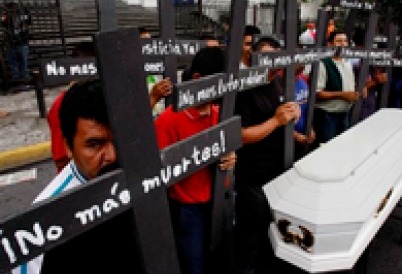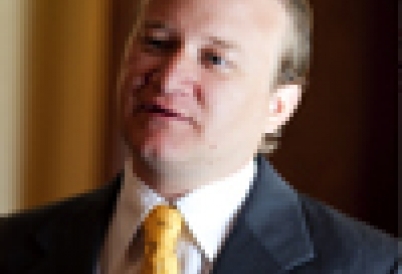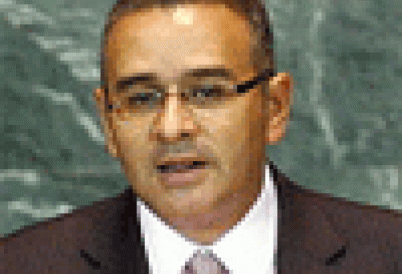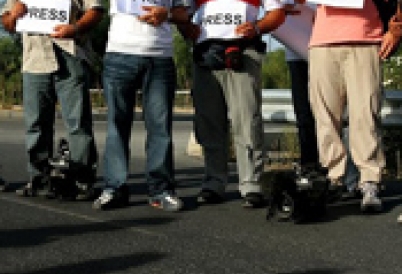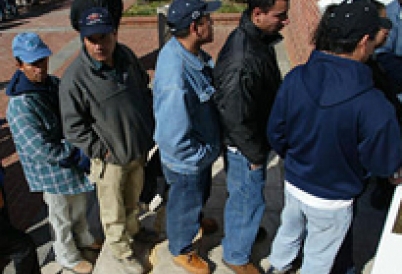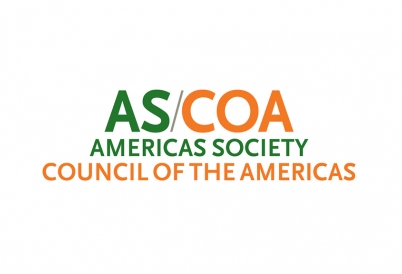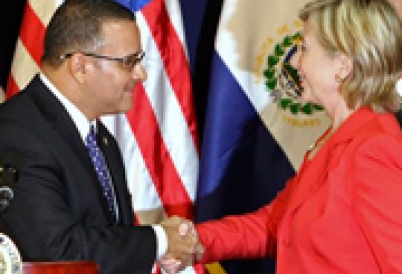Central American leaders gathered in San Salvador July 20 to coordinate strategies for stemming the rising tide of violence caused by organized crime, particularly in the “northern triangle” of Guatemala, El Salvador, and Honduras.
"As long as young political leaders committed to the ideals of democracy, freedom and equal access to opportunities remain on the sidelines, we'll never progress," writes Julio Rank Wright of the Executive National Council of El Salvador's ARENA party, in the Winter 2010 issue of Americas Quarterly.
A moderate leftist president seeks a new way to rule a traditionally polarized country, where moderate options have often failed.
While some journalists reporting in Latin America face threats to personal security, others deal with official intimidation in what some warn could roll back hard-won press freedoms. But governments and journalists have also taken steps to ensure greater access to information.
The White House predicts little movement on comprehensive immigration reform before 2010. The ailing economy taking up much of the Obama administration’s time has shown its impact in immigration and remittances as well.
Police aren't the problem, they're the solution. They just need to be better paid and better trained.
Mauricio Funes took office this week in El Salvador, marking a historic power handover. U.S. Secretary of State Hillary Clinton attended, stressing the Obama administration's "new approach" to the Americas. At the OAS General Assembly in Honduras, the OAS chose to reverse a 1962 ruling that suspended Cuban membership.







